
How to care for maturing skin
As we age, our skin changes. Fine lines, wrinkles, age spots, dryness, and loss of elasticity start to appear. While some of these changes are inevitable, there are steps we can take to keep our skin looking its best as it matures. A proper skincare routine with products targeted at older skin is vital. Understanding how our skin changes and implementing good skincare habits can help slow down ageing and maintain a healthy, youthful glow.
Understanding maturing skin
Why does our skin age? Our skin regenerates more slowly as we age, losing some of its underlying structure. Collagen and elastin fibres break down, leading to sagging skin and wrinkles. The lipid barrier that locks in moisture also weakens, resulting in dryness. In addition, circulation slows down, skin cell turnover rates decrease, and sebum production declines. All of these age-related changes show up on our skin's surface.
The areas that tend first to show signs of ageing are the parts most exposed to the sun and environmental damage, like the face, neck, chest, hands, and arms. Genetics also play a role in how quickly skin matures. No matter what, though, ageing skin needs specialised care and extra moisture to stay healthy. Knowing what causes changes as we age allows us to address skin concerns better.
Skincare basics for older skin
A well thought out skincare for mature skin requires regular cleansing, moisturising, exfoliation, and sun protection. As our skin naturally loses some ability to hydrate, we should focus on replenishing and maintaining moisture. Building good skincare habits tailored to ageing skin keeps it functioning optimally longer.
- Gentle Cleansers: As skin ages, it dries out more easily with harsh cleansers. It is best to use a gentle, non-foaming cleanser without alcohol. Look for hydrating ingredients like glycerin, and avoid fragrance, which can irritate.
- Targeted Exfoliation: Exfoliation helps whisk away dead cells. To avoid irritation, focus on chemical exfoliation a few times per week rather than rough scrubs. Alpha hydroxy acids like glycolic and lactic work well. Always moisturise after.
Also read: What is exfoliation: A beginner's guide to face exfoliation
- Daily SPF: Sun protection becomes even more crucial as we age. Daily SPF 30 or higher prevents further sun damage, even on cloudy days. Choose a broad-spectrum formula.
- Retinoids: Retinoids stimulate collagen production and increase cell turnover. They help soften lines and improve tone and elasticity. Prescription retinoids work well, but over-the-counter options with retinol also offer benefits without irritation.
- Hydrating Serums & Essences: Serums with hydrating ingredients like hyaluronic acid, glycerin, ceramides, and peptides provide an extra layer of nourishing hydration under moisturisers. Essences offer another great way to condition the skin.
- Thicker Creams: Rich, emollient moisturisers that nourish ageing skin are a must. Look for shea butter, jojoba oil, olive oil, or avocado. Seal everything at night with an occlusive like Vaseline.
The best skincare routine for ageing skin is to clean gently, exfoliate chemically, apply serums for added moisture, and moisturise day and night with thick creams. Using products specifically formulated for maturing skin keeps it looking supple and renewed.
Choosing the best serum for mature skin
With so many options on the market, choosing a serum tailored for ageing skin can get confusing. When shopping for the best serum for mature skin, look for these key features:
- Antioxidants: Antioxidants like 15% vitamin C brightening serums fight free radicals and brighten and even tone the skin over time. Vitamin C boosts collagen production for firmer skin.
- Hydrating Ingredients: Hyaluronic acid, glycerin, aloe vera, and ceramides replenish moisture to smooth fine lines temporarily. They help ageing skin act more like its younger self.
- Peptides: Peptides are amino acids that help promote collagen. With continued use, they help soften wrinkles over time. Copper peptides and argireline are great starter peptides.
Also read: Peptides: Benefits & Uses of Peptides for Skin
- Soothing Botanicals: Ingredients like chamomile, aloe, calendula, and green tea reduce inflammation in ageing skin and provide an extra shot of antioxidants.
- Retinoids or Retinol: Retinoids increase cell turnover to improve tone, elasticity, and firmness. To avoid irritation, look for an over-the-counter serum with retinol.
- Niacinamide: Niacinamide addresses multiple signs of ageing, including wrinkles, redness, and hyperpigmentation. A 12% niacinamide serum clarifies and evens skin beautifully. It's gentle enough for all skin types.
- Non-greasy Texture: Choose a lightweight, fast-absorbing serum texture that layers well under other products. Avoid using anything heavy.
- Fragrance/Dye Free: Fragrance and dye can unnecessarily irritate ageing skin. Seek out formulas with fewer additives.
The best serum for older skin contain ingredients to treat visible signs of ageing. Try combining a serum with antioxidants to prevent damage with one containing retinol or peptides that actively improve wrinkles. Just remember to introduce new serums slowly and use daily SPF.
Additional skincare tips for mature skin
In addition to a reliable skincare routine, there are some extra things we can add to our skincare for older skin to pamper it as it matures:
- Eat a healthy diet of antioxidant and nutrient-rich foods like leafy greens, berries, avocado, salmon, and green tea. Avoid inflammatory foods like dairy, gluten, alcohol, and excess sugar.
- Stay hydrated by drinking plenty of water. Dehydration exacerbates fine lines and wrinkles.
- Manage stress levels through yoga, meditation, journaling, or other relaxing activities. Stress affects the entire body, including the skin.
- Get 7-9 hours of sleep per night. Quality rest restores skin overnight. Consider sleeping on a silk pillowcase, too.
- Exercise regularly to increase blood flow and nourish skin from within.
- Avoid smoking cigarettes and limit sun exposure. Both accelerate skin ageing. Always wear SPF.
- If the indoor air is dry, consider adding a humidifier. Hydrated skin looks plump and youthful.
- Invest in a jade rogue facial roller massager to help product penetration while depuffing.
- Get regular facials every 4-6 weeks to deep clean skin and provide treatments tailored to maturing skin.
Showing our skin some extra love ensures it stays as vibrant and healthy as possible. Following smart anti-ageing habits allows us to embrace growing older gracefully.
Conclusion
While some changes are inevitable as our skin matures, implementing targeted skincare makes a meaningful difference in how youthful it remains. Cleansing gently, using non-irritating chemical exfoliants, hydrating sufficiently, moisturising well, and protecting from the sun daily help ageing skin look and feel its best. An anti-ageing serum that combines antioxidants with collagen-stimulating ingredients takes it up a notch. Supporting mature skin properly slows the development of wrinkles and age spots. Our skin can continue radiating beauty and wellness for years with attentive care. Consistent, tender, loving care helps smooth out wrinkles and maintain an inner glow as we transition gracefully into each stage of life.

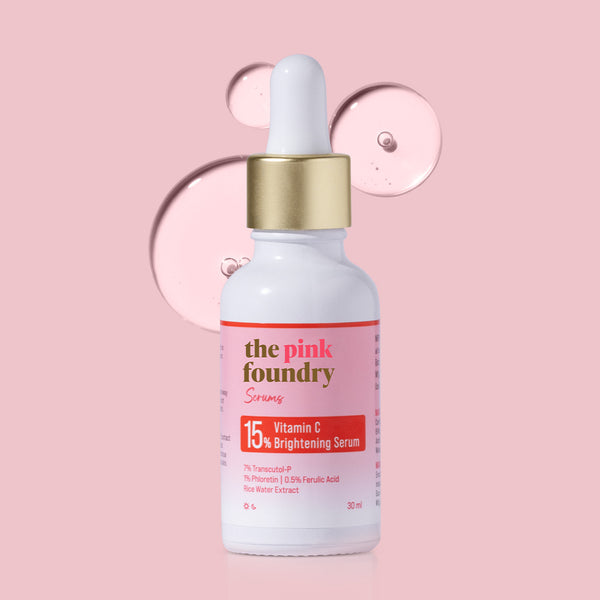





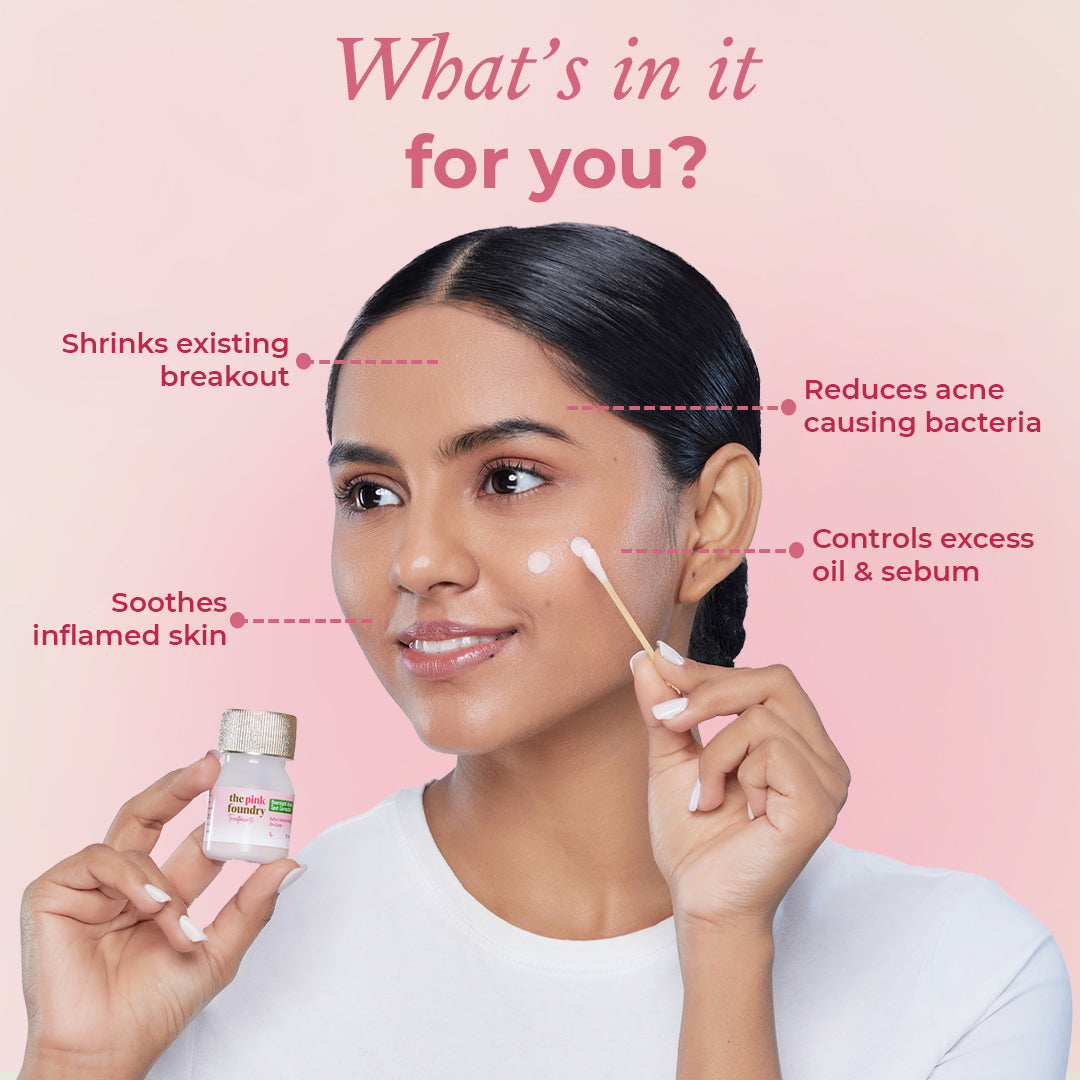
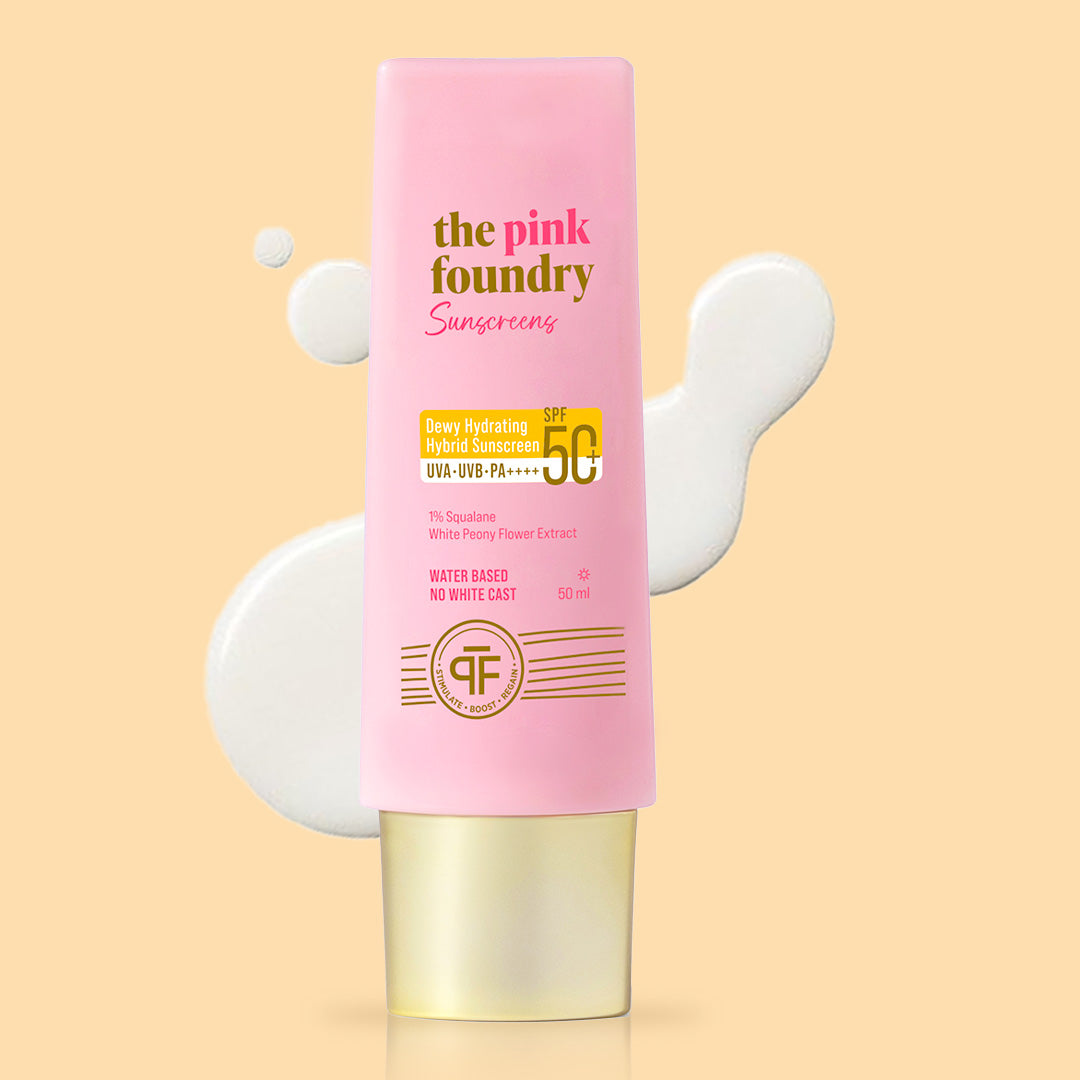
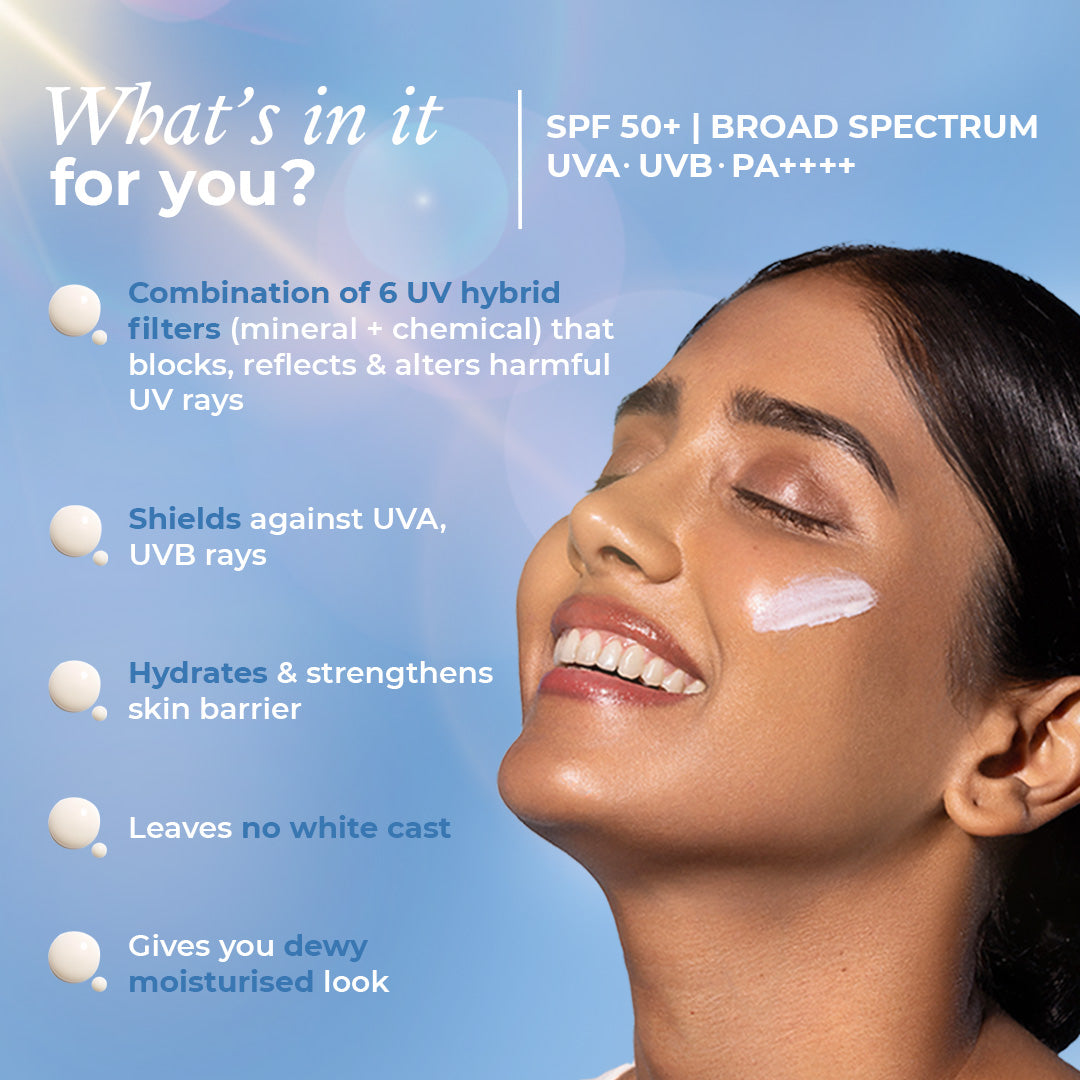


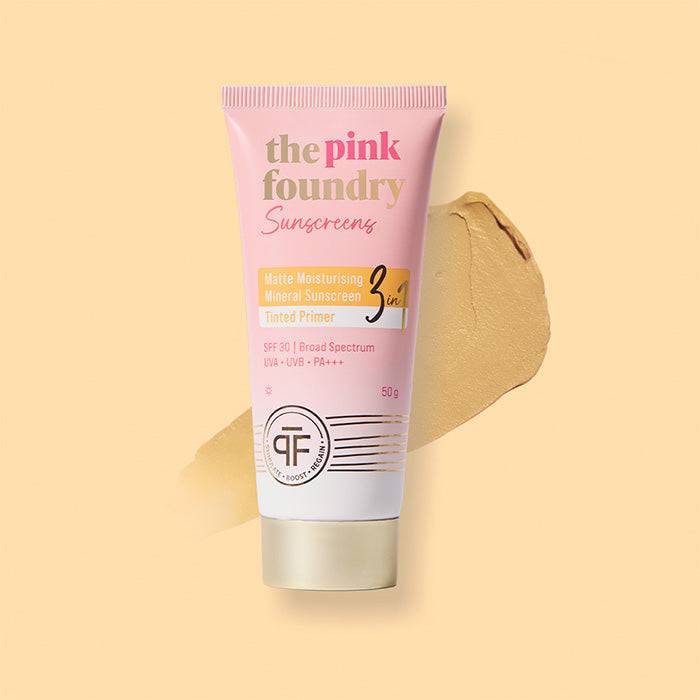
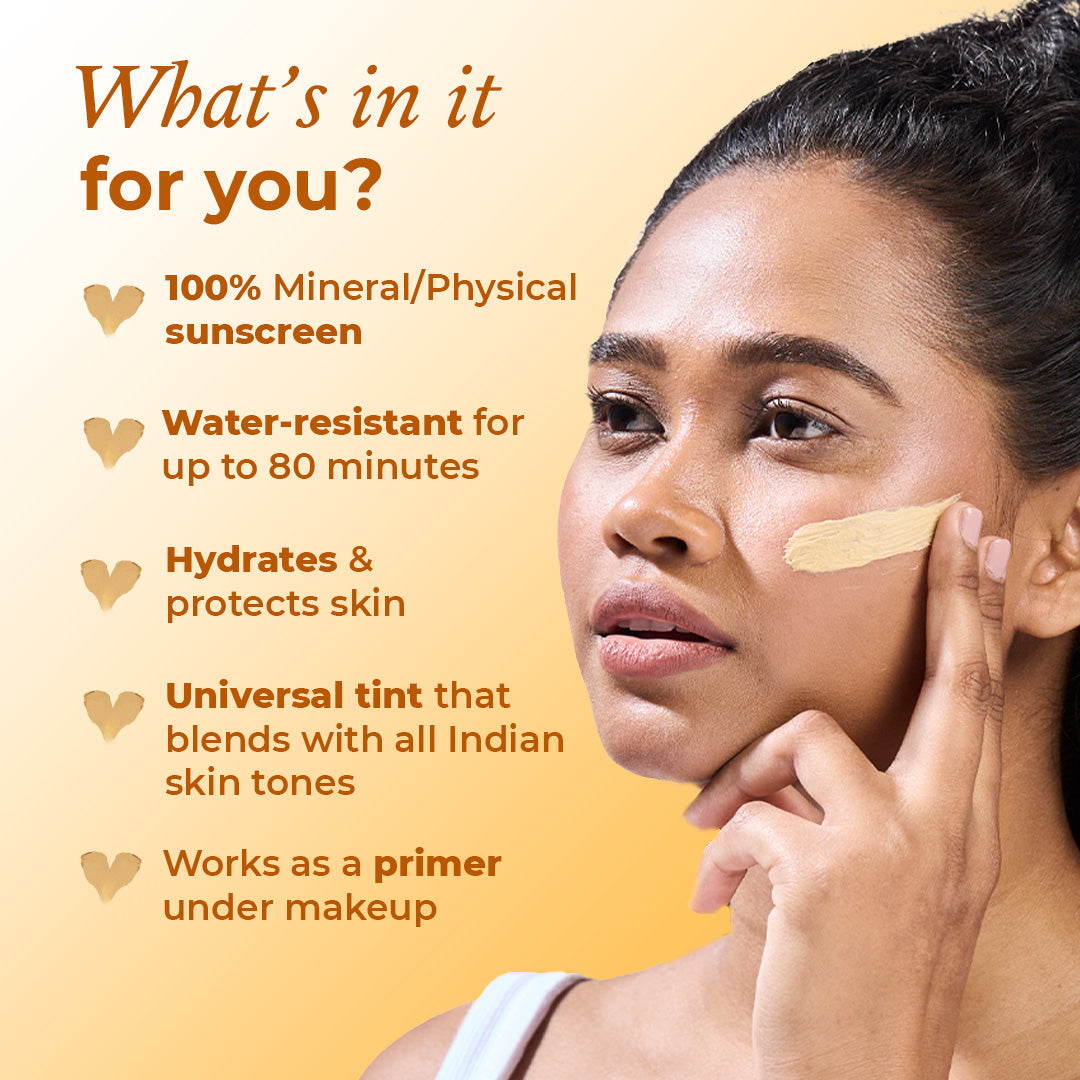



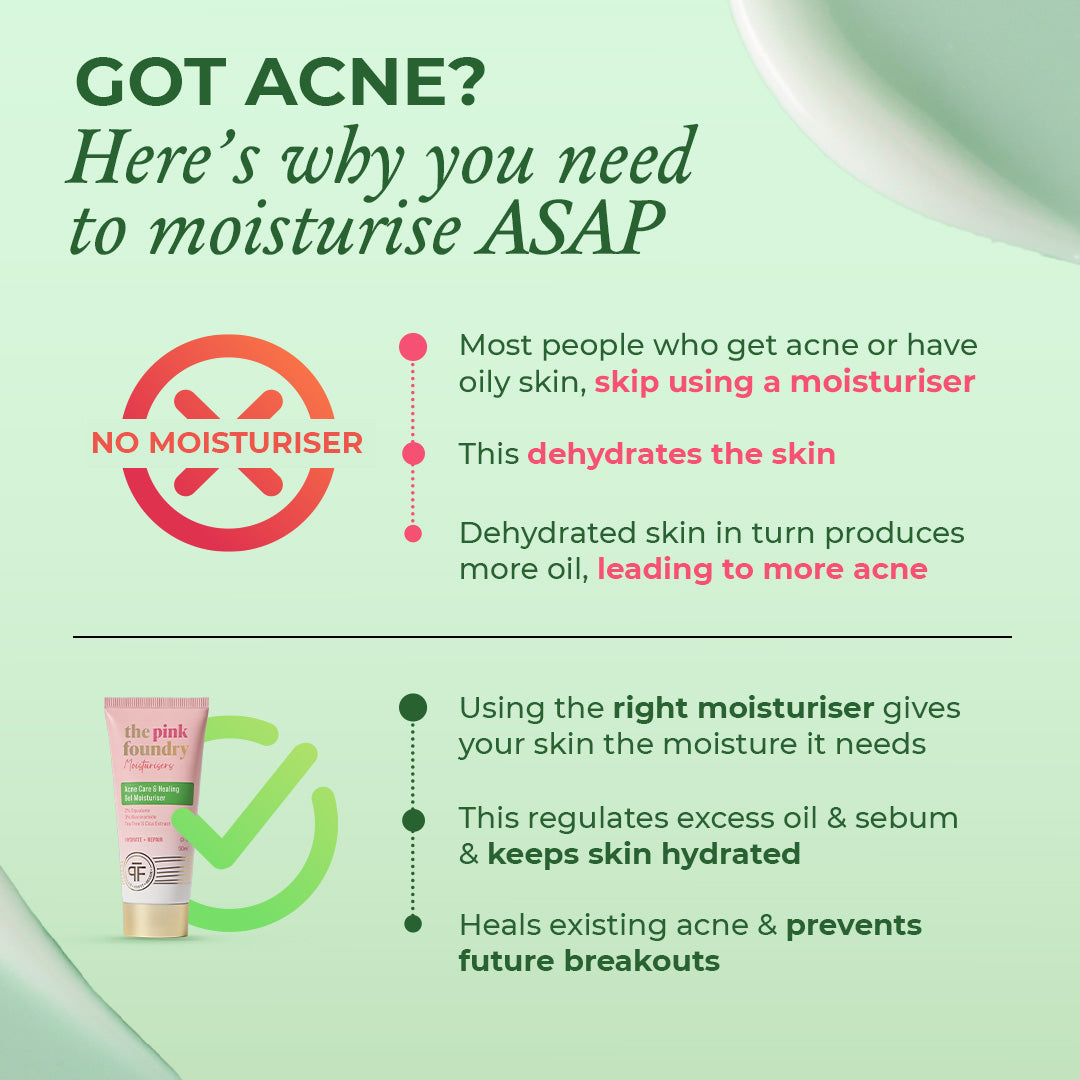
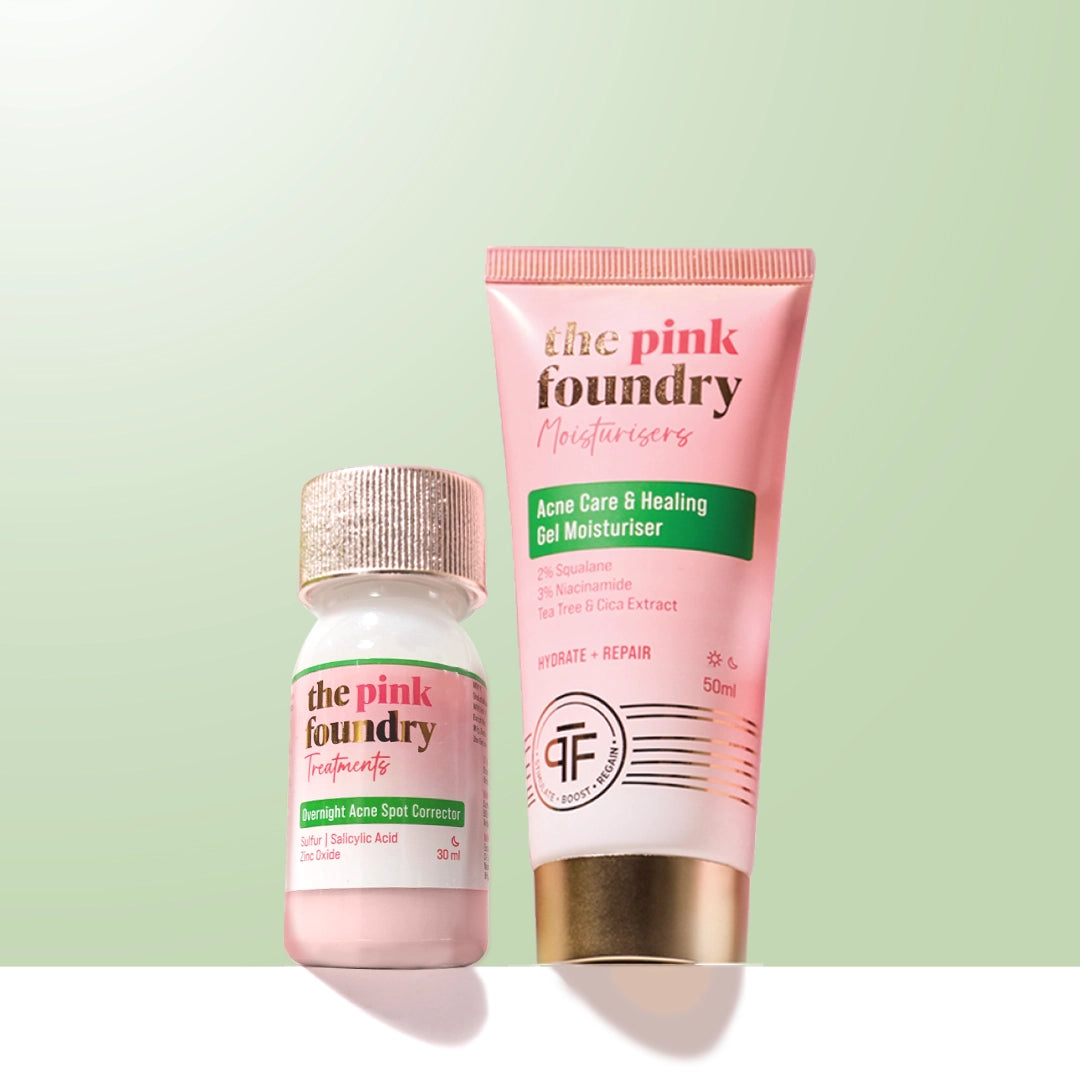
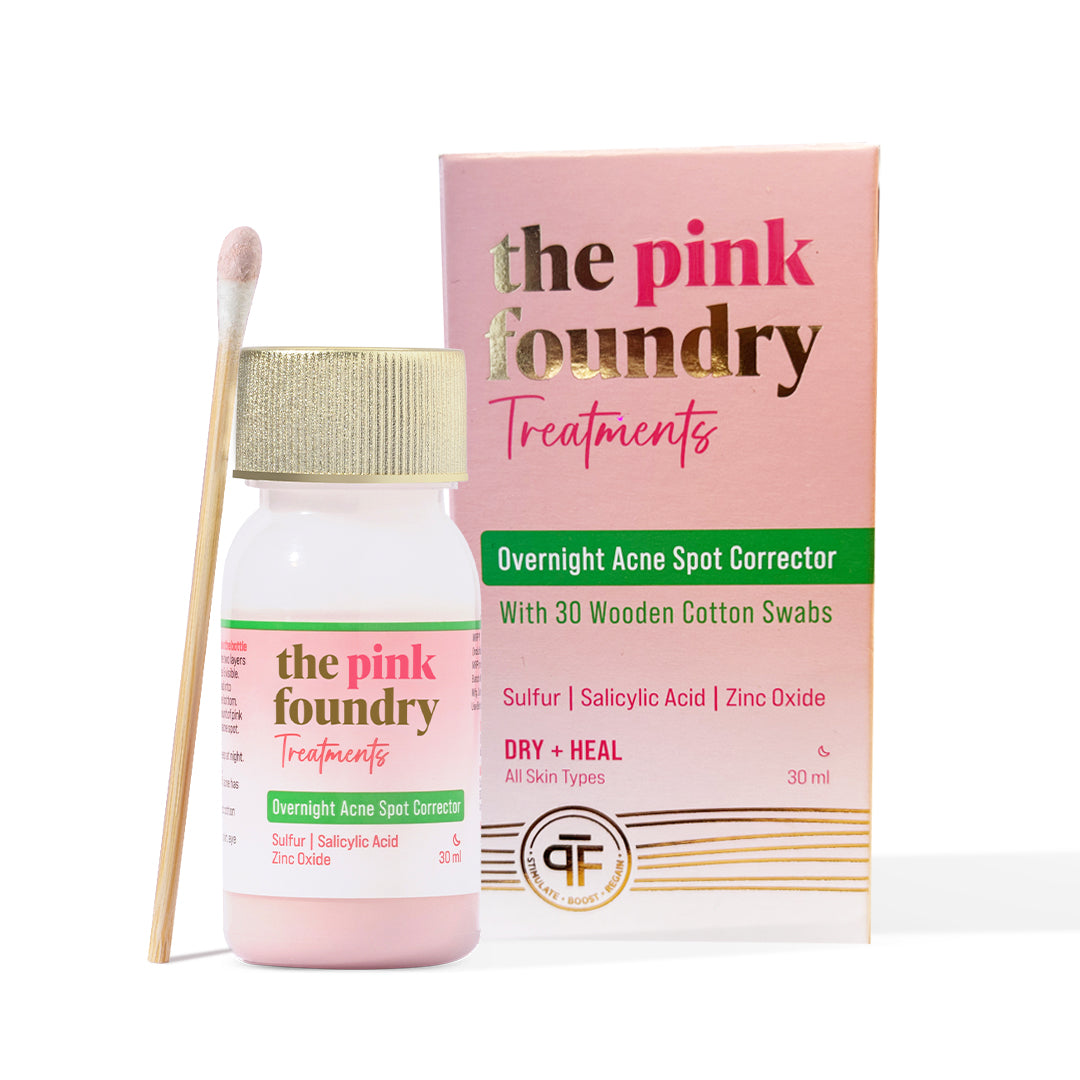
Leave a comment
This site is protected by hCaptcha and the hCaptcha Privacy Policy and Terms of Service apply.